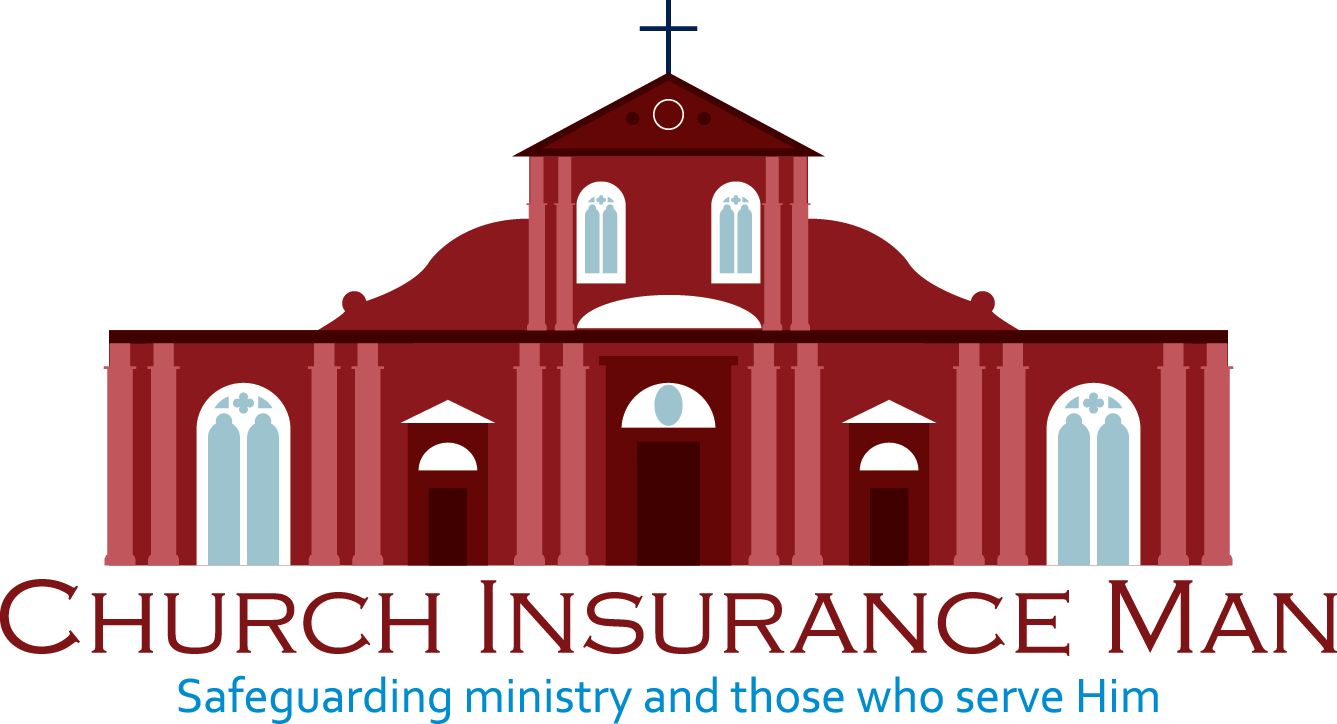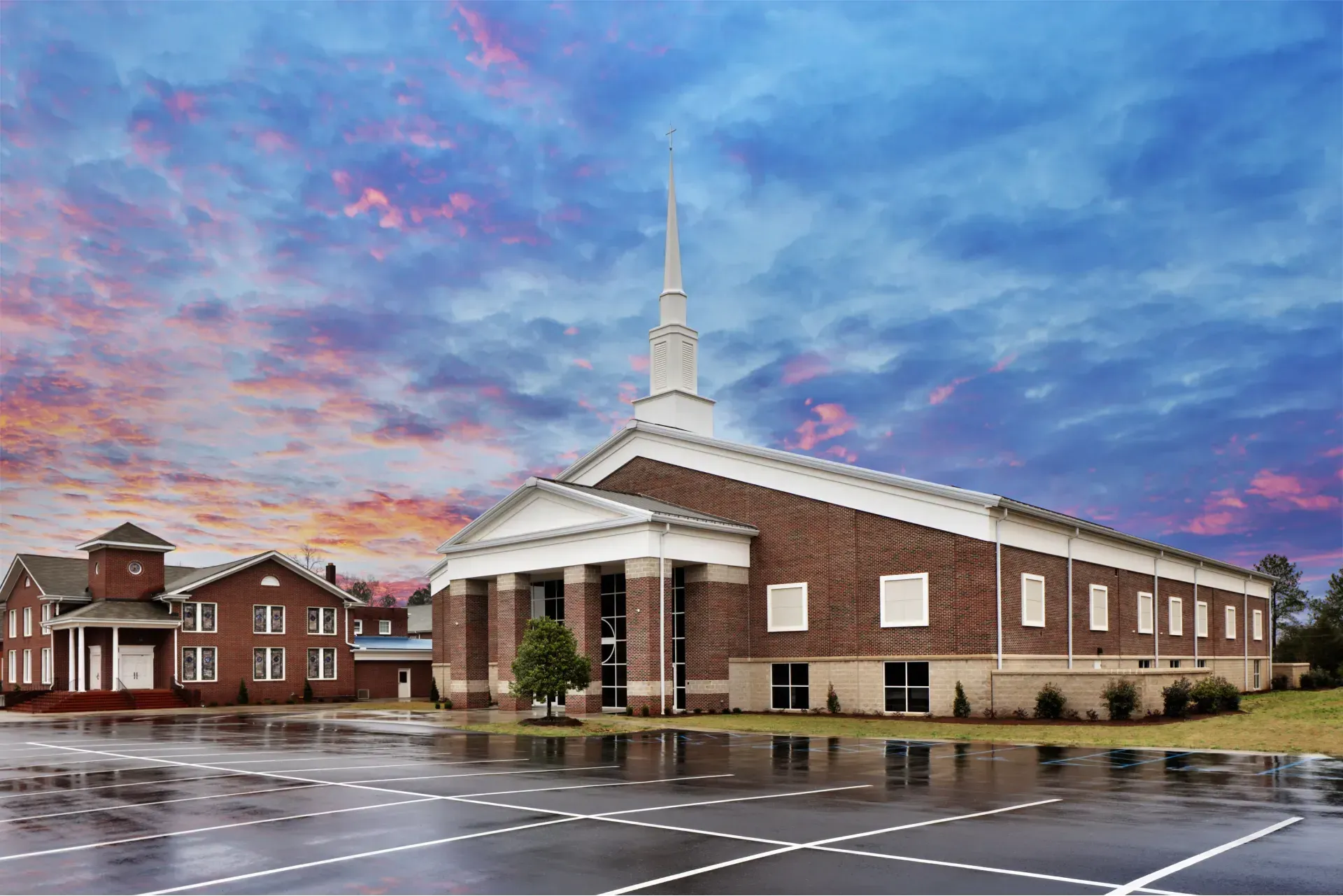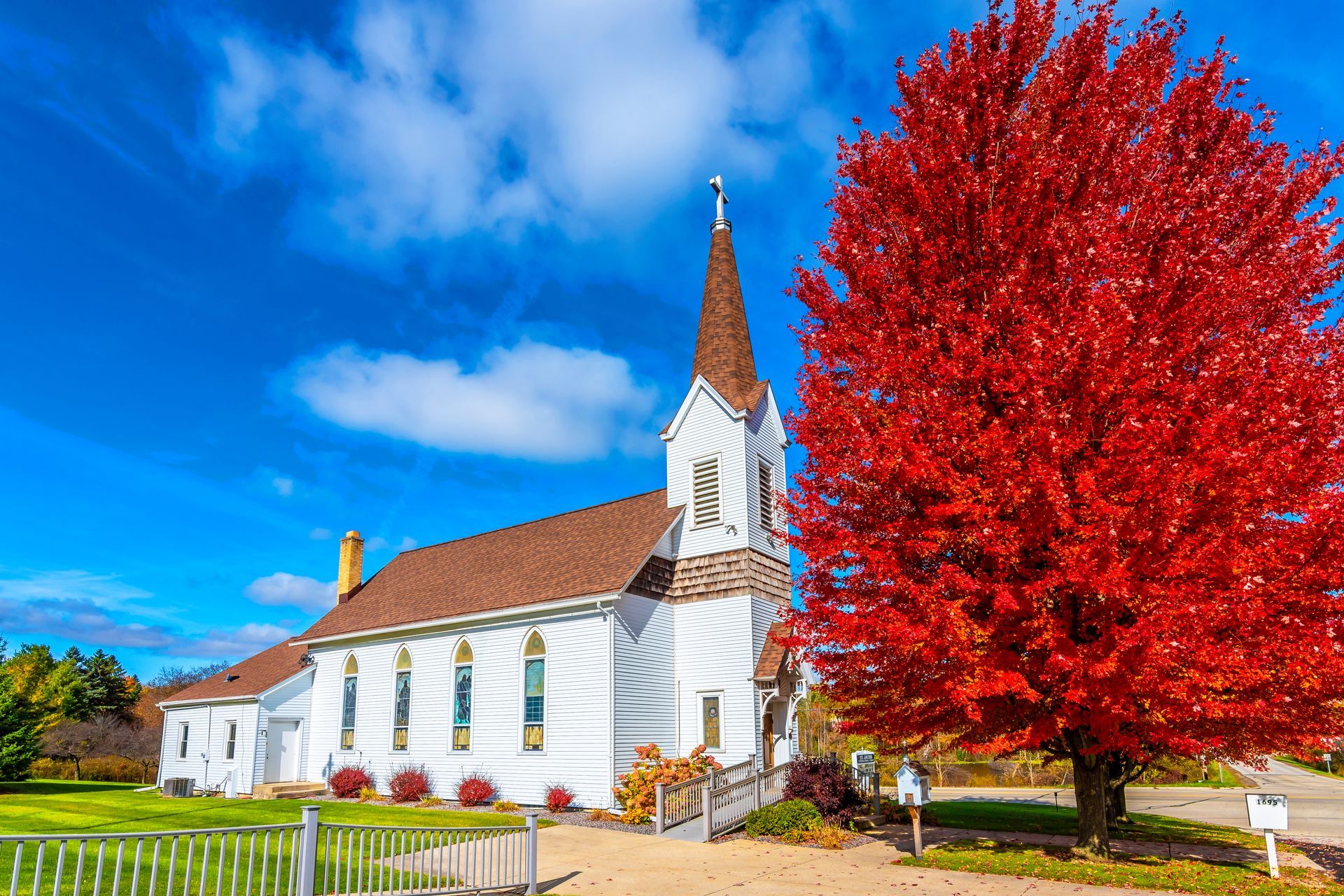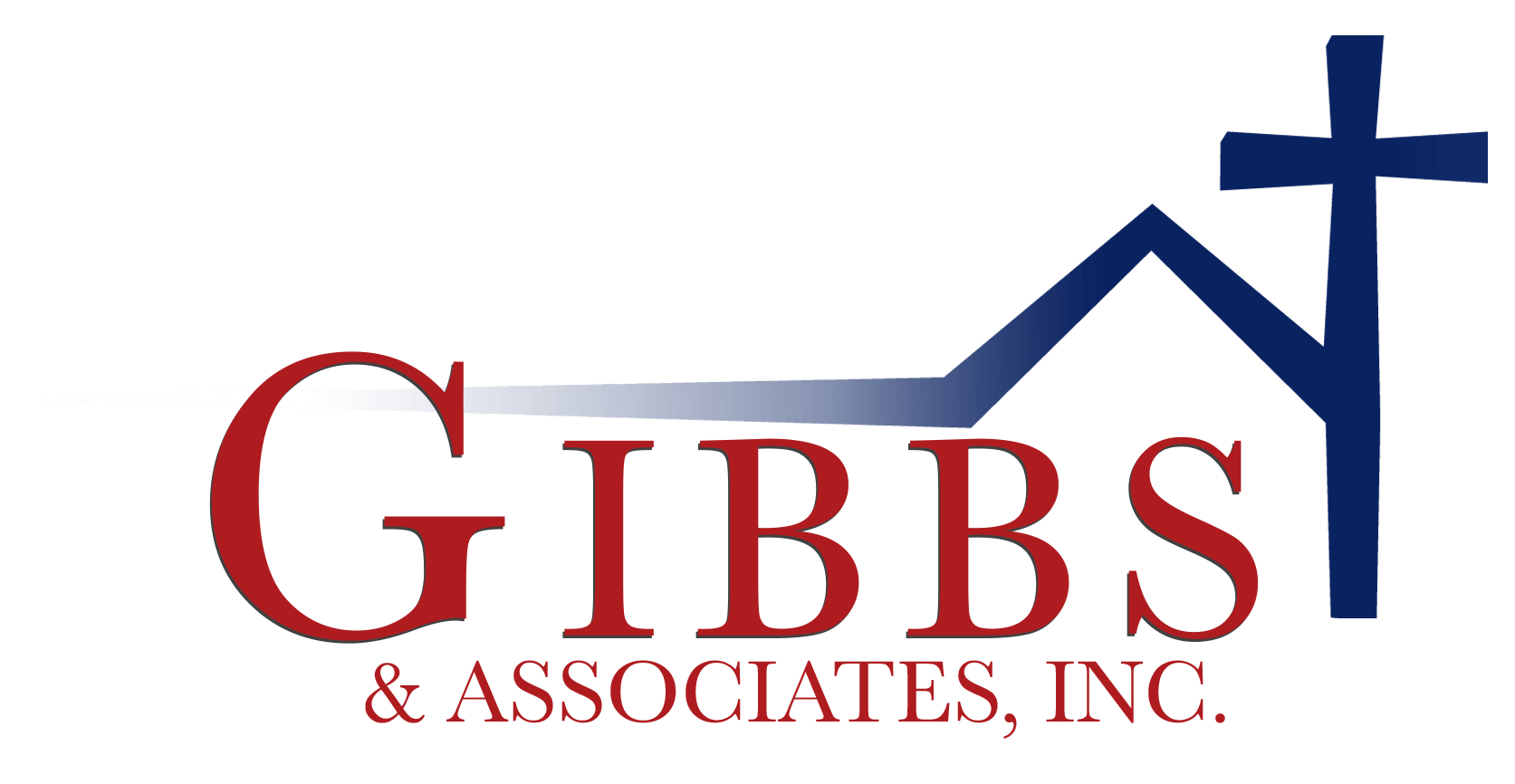Church Vehicle Insurance: Understanding Coverage, Requirements, and Best Practices
Church Vehicle Insurance Coverage, Requirements, and Best Practices
For many churches, providing transportation for their congregation is a crucial aspect of their ministry. By facilitating safe and reliable travel to-and-from church services, events, and outreach programs, your church can better serve its community and foster strong relationships among its members. However, operating vehicles for your ministry, whether they are church-owned or volunteer-driven, comes with inherent risks and liabilities. It is essential to secure proper insurance coverage to protect your ministry's vehicles and passengers.
Church vehicle insurance, often referred to as commercial auto insurance or business auto coverage, is specifically designed to address the unique transportation needs of religious organizations. This specialized coverage extends beyond what a personal auto policy would provide, ensuring that your church is adequately protected from potential accidents, theft, damages, and liability claims.
In this informative guide, we will explore the types of coverage available for church vehicles, explain the importance of adhering to insurance requirements, and share best practices for maintaining safety and reducing risks associated with your ministry's transportation needs. Armed with this knowledge, your ministry can continue to fulfill its mission, providing safe and reliable transportation to your valued congregation with confidence and peace of mind.
Types of Coverage for Church Vehicle Insurance
Church vehicle insurance offers comprehensive protection for your ministry's transportation needs. When selecting a policy, consider the following types of essential coverage:
1. Liability Coverage: This fundamental coverage protects your church from financial loss resulting from claims of bodily injury or property damage caused by an accident involving a church vehicle. It includes both third-party bodily injury and property damage liability coverage.
2. Collision Coverage: This option covers damages to your church's vehicles resulting from a collision, regardless of fault. It helps pay for repairs or replacement of your ministry's vehicles in the event of an accident, up to the actual cash value of the car.
3. Comprehensive Coverage: This component protects your ministry's vehicles from non-collision-related damages, such as theft, vandalism, fire, or weather-related events. Like collision coverage, comprehensive coverage pays for repairs or replacement up to the actual cash value of the vehicle.
4. Uninsured/Underinsured Motorist Coverage: Should your church vehicle be involved in an accident with a motorist who lacks adequate insurance, this coverage helps cover expenses for injuries and property damages sustained by your passengers and church vehicle.
5. Medical Payments Coverage: This aspect covers medical expenses for your passengers, regardless of fault, up to a predetermined limit.
F. Hired and Non-Owned Auto Liability: If your church uses rental vehicles or relies on volunteers using their personal cars for ministry purposes, this coverage provides additional liability protection in the event of an accident.
Understanding Insurance Requirements for Church Vehicles
Like any other vehicle on the road, church vehicles must adhere to federal and state insurance requirements:
1. Minimum Liability Limits: Every state has specific minimum liability limits for commercial vehicle insurance, which include bodily injury and property damage liability coverage. Consult with your insurance agent or local Department of Motor Vehicles to determine your state's requirements.
2. Specialty Vehicles and Licensing: If your church owns or operates specialty vehicles like buses or large vans, additional requirements may apply. This can include obtaining a Commercial Driver's License (CDL) for designated drivers and securing higher liability coverage limits.
3. Workers' Compensation Insurance: Depending on your state's regulations, if your church employs designated drivers for regular church transportation, you may be required to carry workers' compensation insurance.
Risk Management and Best Practices for Safe Church Transportation
To maintain a safe environment for your church's transportation activities, consider implementing the following best practices:
1. Driver Screening and Qualifications: Thoroughly vet all drivers, including staff and volunteers, through background checks, driving record reviews, and verifying valid driver's licenses.
2. Regular Vehicle Maintenance: Ensure that all church vehicles receive routine maintenance, including oil changes, tire rotations, and brake inspections, to minimize the risk of mechanical failure.
3. Safety Protocols: Develop and enforce safety guidelines for transportation, such as seatbelt usage, maximum passenger capacity, pick-up and drop-off procedures, and driver fatigue prevention.
4. Driver Training: Provide regular training on defensive driving techniques, first aid and CPR, proper vehicle operations, and the church's safety protocols.
5. Incident Reporting: Establish a process for prompt and accurate reporting of any accidents, injuries, or vehicle-related issues to the appropriate church leadership and insurance carriers.
Choosing the Right Church Vehicle Insurance Policy for Your Ministry
To select the best insurance policy for your ministry's transportation needs, take the following steps:
1. Analyze Risks: Evaluate the specific risks associated with your church's transportation activities, such as the number and types of vehicles, areas of operation, frequency and purpose of trips, and driver qualifications.
2. Consult With a Specialist: Work with an insurance agent or broker experienced in church insurance to develop a customized policy that addresses your identified risks.
3. Compare Quotes: Obtain and compare multiple quotes from different insurers to identify the most comprehensive and cost-effective policy.
4. Assess Coverage Limits: Carefully consider the appropriate coverage limits for each type of coverage, taking into account the value of your vehicles, the potential costs of accidents or damages, and your ministry's financial capabilities.
5. Regularly Review Policy: As your ministry evolves, so do its transportation risks. Periodically revisit your church vehicle insurance policy to ensure it remains relevant and provides adequate protection.
Conclusion:
Churches in the Macon, Columbus, Gainesville, and Gwinnett areas enrich their communities through faith-based programs, services, and outreach efforts. By securing comprehensive church vehicle insurance, your ministry can continue to provide safe and reliable transportation to your congregation, ensuring the continued growth and success of your mission. With an understanding of church vehicle insurance, your ministry can confidently fulfill its transportation needs while maintaining a safe and supportive environment for its cherished members.
At Church Insurance Man, we offer
business auto insurance for churches that covers a range of vehicles, including vans, buses, and cars used for ministry purposes. Our dedicated team is committed to providing churches in the Macon, Columbus, Gainesville, and Gwinnett areas with the expert guidance and protection they require to thrive. Contact Church Insurance Man today for a personalized consultation on your church's vehicle insurance needs!











